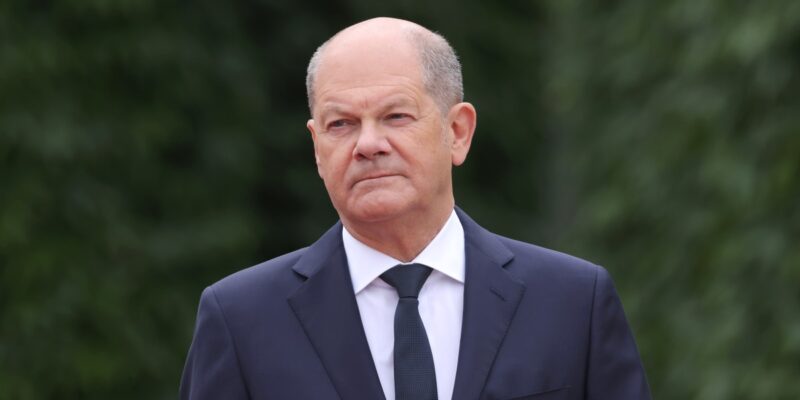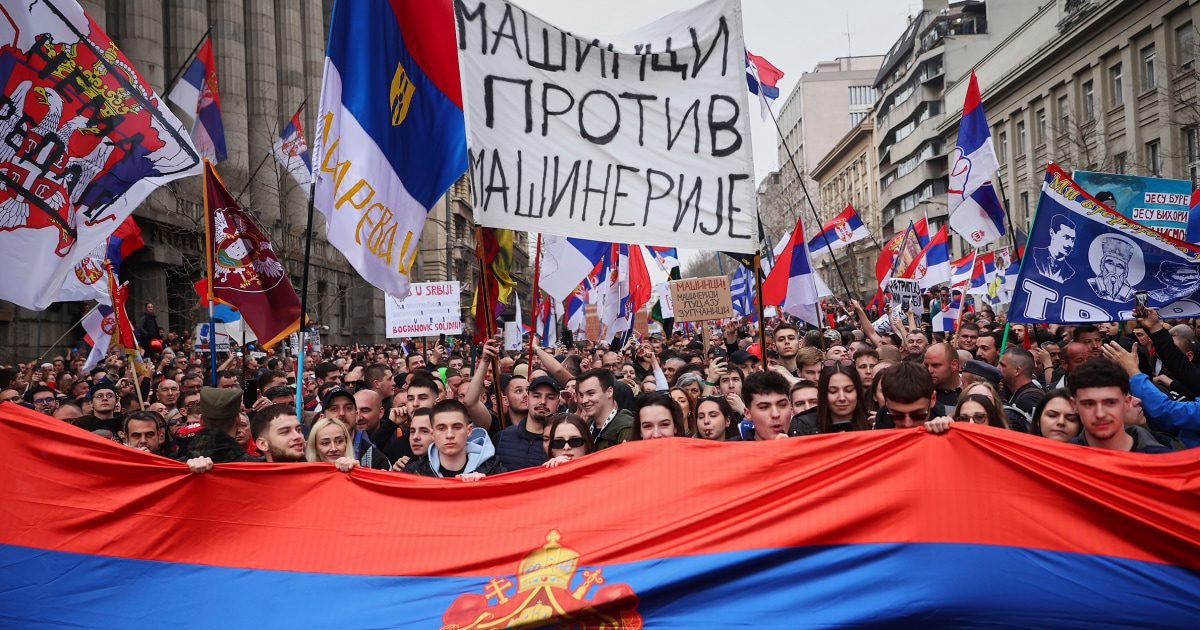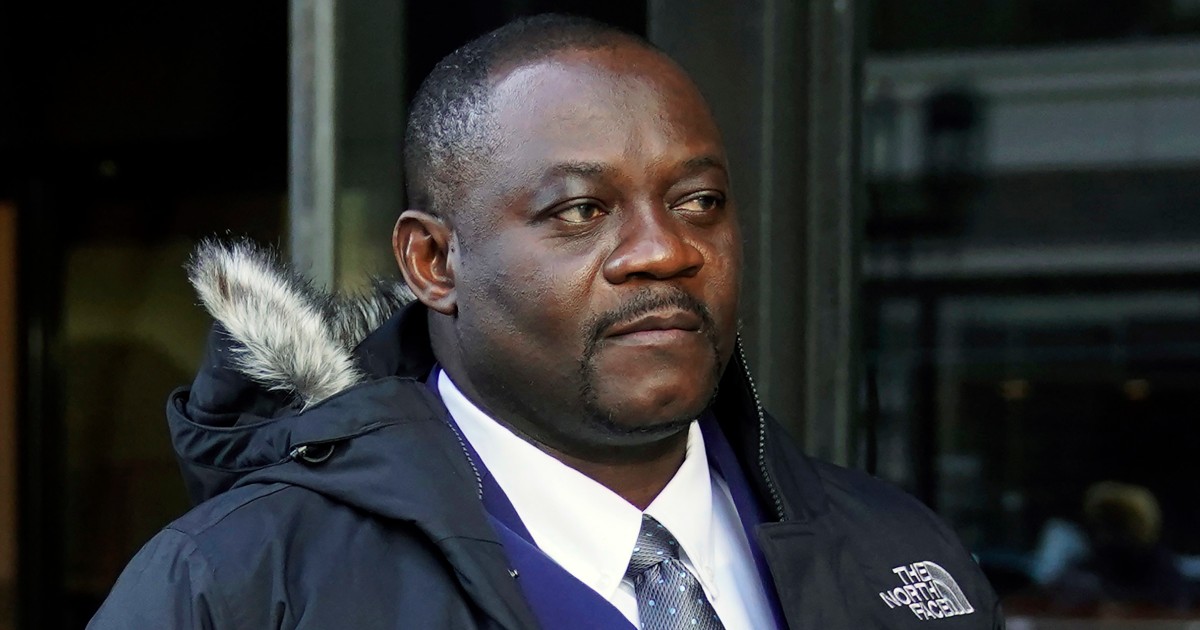
German Chancellor Olaf Scholz lost a vote of no confidence Monday, paving the way for early elections in February and ending a turbulent year at the polls for several of Europe’s leaders and governing parties.
Scholz called Monday’s vote with the expectation of losing it, but with the hope that it would boost the fortunes of his center-left Social Democratic Party (SDP). He needed a 367 majority vote to win, but only 207 members of the Bundestag, or parliament, were willing to back him. A total of 394 lawmakers voted against him and 116 abstained.
Scholz’s fractious coalition fell apart last month after he fired Finance Minister Christian Lindner, a member of the pro-market Free Democrats party, with which the SDP had formed a government, along with the environmentalist Green Party.
Scholz accused Lindner of violating his trust at the time after Lindner publicly backed a different economic policy than the one they had agreed upon. The chancellor subsequently announced he’d call for a no-confidence vote.
President Frank-Walter Steinmeier now has 21 days to decide whether to dissolve parliament and call an election, and he is expected to do so after Christmas. New elections will then have to be held within 60 days of his decision.
It is only the sixth time that a no-confidence vote has been called in the country of 83 million people, Europe’s most populous and the continent’s largest economy.
The confidence vote was needed because in post-World War II Germany, the constitution does not allow the Bundestag to dissolve itself.
If Steinmeier allows the dissolution of parliament, something he is likely to rubber-stamp given his largely ceremonial role, a vote will take place just nine months before parliamentary elections had been scheduled.
Scholz called the confidence vote after weeks of infighting with his coalition partners on a 2025 budget and Germany’s future economic policy prior to Lindner’s firing.
Kallum Pickering, chief economist at Peel Hunt, a leading British investment bank, told CNBC that Germany’s leaders are likely going to find agreement on fiscal policy regardless of the new election results.
“Even if within say the first three to six months of the new administration you don’t get changes to the debt brake, if they have a big enough majority, eventually I think economic conditions will just force them to accept the reality that they need a fiscal stimulus,” Pickering said.
While the Christian Democratic Union, led by Friedrich Merz, is ahead in the polls, according to Reuters, the far-right Alternative for Germany (AfD) could also help to shape the new government.
Fresh from September’s success in regional elections in Thuringia, when it became the first far-right party to win a state election in Germany since World War II, the party is also polling well at a national level.
However, it is unlikely the group would be able to govern because other parties have refused to align themselves with the far right, despite Germany’s parliamentary system traditionally producing coalitions.
Germany’s snap elections come after the Labour Party won power in the U.K. for the first time in over a decade and French President Emmanuel Macron called snap elections in his country, which led to political turmoil.
Facing pressure from both the right and the left, French Prime Minister Michel Barnier resigned earlier this month after he lost a confidence vote that collapsed his government. It was the first time in more than six decades that a parliamentary coalition fell apart in France.
Macron appointed François Bayrou, a centrist, to replace Barnier last week in the hopes that he could bridge the deeply divided government.















